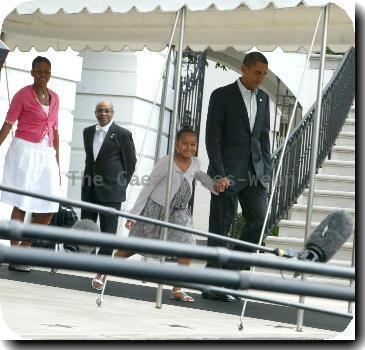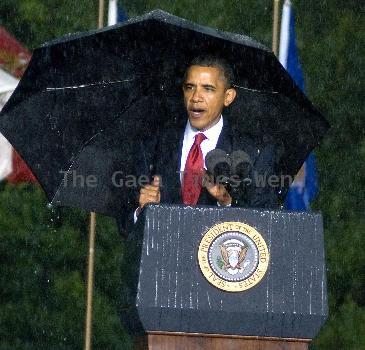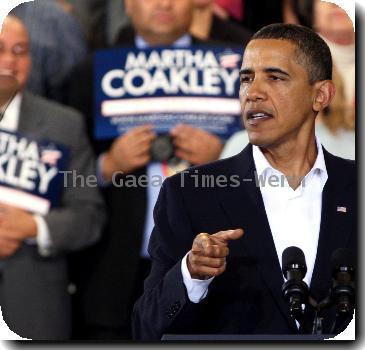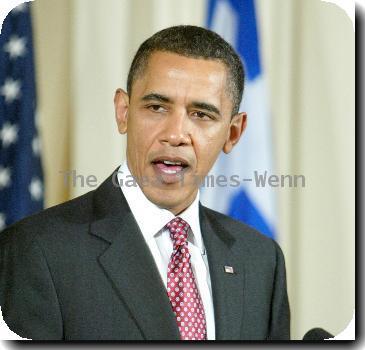Diplomats press Pentagon for bomb-resistant vehicles, helicopters to protect personnel in Iraq
By Richard Lardner, APMonday, June 14, 2010
State wants to form a mini-army for Iraq security
WASHINGTON — The State Department says its diplomatic staff won’t be safe after the American military leaves Iraq unless it has its own combat-ready protection force, a warning that underscores concerns about the Iraq army and police the U.S. has spent billions of dollars training and equipping.
Vehicles and aircraft used by the department’s Bureau of Diplomatic Security to protect personnel in other parts of the world are “inadequate to the extreme security challenges in Iraq,” according to documents the State Department sent to the Pentagon in April. The bureau will need to “duplicate the capabilities of the U.S. military” by December 2011, the documents say, when all American forces are scheduled to leave Iraq.
The State Department wants 24 of the Army’s Black Hawk helicopters, 50 bomb-resistant vehicles, heavy cargo trucks, fuel trailers and high-tech surveillance systems, according to the documents, which were obtained by The Associated Press.
Patrick Kennedy, the State Department’s undersecretary for management, wants the equipment transferred at “no cost” from military stocks.
“After the departure of U.S. forces, we will continue to have a critical need for logistical and life support of a magnitude and scale of complexity that is unprecedented in the history of the Department of State,” Kennedy says in a memo to Ashton Carter, the undersecretary of defense for acquisition.
Without the equipment, “we can expect increased casualties,” the documents read.
Spokesmen for the State and Defense departments said officials are discussing the request. “Both agencies recognize the importance of a smooth transition,” said Brian Heath, the State Department spokesman.
Political instability in Iraq has raised fears of renewed religious violence and concerns that al-Qaida in Iraq and other insurgents are trying to exploit the deadlock to foment unrest and derail security gains.
Iraq’s new parliament convened for just under 20 minutes Monday in what was little more than a symbolic inaugural session due to unresolved differences over key government positions — a precarious political limbo three months after inconclusive elections.
The session began amid heightened security, a day after insurgents stormed the country’s central bank in a coordinated attack that left more than 20 people dead.
The military gear sought by the State Department would be controlled by the Bureau of Diplomatic Security, according to the documents. During the Bush administration, the bureau was heavily criticized by members of Congress for its management of Blackwater Worldwide and other private security firms hired to work in Iraq and Afghanistan.
Contractors will be required to maintain the gear and provide other support to diplomatic staff, the State Department says, a potential financial boon for companies such as the Houston-based KBR Inc. that still have a sizable presence in Iraq.
The need for private-sector help shows that President Barack Obama is having a hard time keeping his pledge to stem U.S. reliance on contractors, a practice that flourished under the Bush administration.
The military has about 7,500 of the bomb-resistant vehicles — known as MRAPs — in Iraq. So shifting 50 to the State Department could be easily handled as the troops depart.
But handing over two dozen Black Hawks, which cost between $12 million and $18 million depending on the model, would be more problematic. The aircraft are in short supply and heavily used by military forces in Afghanistan, where the primitive roads heighten the need for transportation by air.
About 90,000 U.S. troops remain in Iraq, and that number is expected to fall to 50,000 by the end of August under Obama’s plan to remove all combat troops from the country.
Departing, too, will be key crucial missions they performed, such as recovering downed aircraft, convoy security, bomb detection and disposal, and the ability to counter rocket and mortar attacks.
By September 2011, the 22 U.S.-led reconstruction teams spread throughout Iraq will be replaced by five “Enduring Presence Posts,” according to the documents. The State Department will be responsible for all the costs of operating these stations, including security, until at least 2015.
State wants to use an existing Defense Department contract in Iraq to support these posts and the U.S. Embassy in Baghdad with essential services, including meals, mail delivery and laundry.
If State can’t use that contract, known as “LOGCAP,” the department “will be forced to redirect its resources towards developing, implementing and overseeing a massive new life support infrastructure throughout Iraq,” the documents state.
The Black Hawk, manufactured by Sikorsky Aircraft in Stratford, Conn., is designed to carry a crew of four and 11 fully equipped infantryman. The helicopters are armed with two machine guns.
The MRAPs the State Department wants are called Caimans. The vehicles are 9 feet tall, weigh 19 tons and are made by BAE Systems in Sealy, Texas. Each Caiman costs more than $1 million. The vehicles have a special armor designed to deflect the most potent roadside bombs.
Associated Press writers Anne Flaherty and Robert Burns in Washington and Qassim Abdul-Zahra and Lara Jakes in Baghdad contributed to this report.
Online:
State Department Bureau of Diplomatic Security: www.state.gov/m/ds/
Tags: Barack Obama, Iraq, Middle East, North America, United States, Washington





